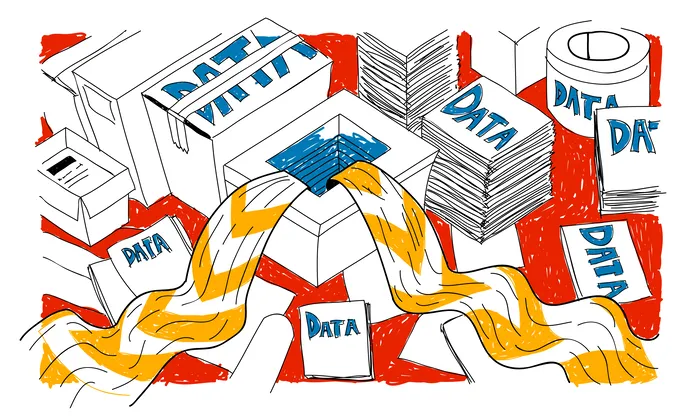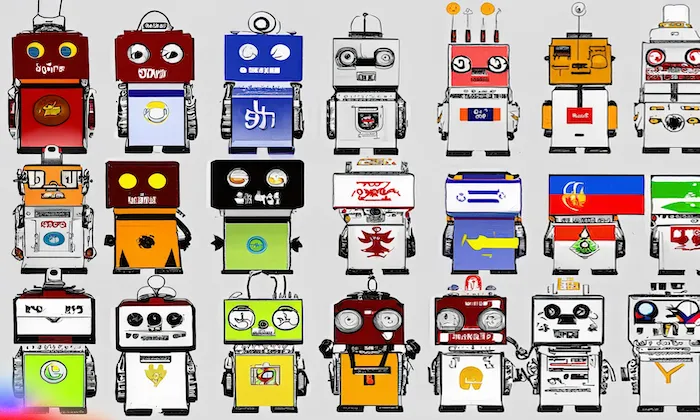What types of medical specialties are included in the doctor–patient conversation dataset?
Healthcare AI
Medical Dataset
Patient Interaction
The Doctor–Patient Conversation Speech Dataset is a vital tool for AI systems in healthcare, designed to replicate the intricacies of medical conversations. It features a broad spectrum of medical specialties, enabling AI models to learn from diverse clinical interactions.
Medical Specialties in AI Healthcare Datasets
This dataset includes a wide range of medical specialties, each contributing unique insights that enhance AI system capabilities:
- General Medicine: Encompasses primary care interactions, addressing routine check-ups and preventive care.
- Pediatrics: Focuses on child health, covering concerns specific to infants, children, and adolescents.
- Cardiology: Involves heart health discussions, including symptoms, diagnostics, and treatment plans for cardiovascular conditions.
- Dermatology: Addresses skin-related issues, from diagnosis to treatment of various dermatological conditions.
- Gynecology: Covers women's health, focusing on reproductive health, pregnancy, and related medical concerns.
- Orthopedics: Involves musculoskeletal issues, including injury diagnosis and rehabilitation.
- Ophthalmology: Centers on eye health, discussing vision problems and treatments.
- Neurology: Addresses conditions affecting the nervous system, covering various neurological disorders.
- ENT (Ear, Nose, and Throat): Focuses on common conditions in these areas, including allergies and infections.
- Psychiatry: Explores mental health issues, facilitating discussions around symptoms, therapy options, and medication management.
- Dentistry: Concentrates on oral health, including preventative care, diagnosis, and treatment strategies.
- Emergency Care: Involves urgent medical situations requiring quick assessments and decisions.
Impact of Specialty Diversity on AI Training
The inclusion of varied specialties ensures that AI models can effectively interpret and respond to diverse medical contexts. This diversity enhances natural language processing (NLP) models by exposing them to different medical jargon and patient concerns. For example, understanding the nuances of a pediatric consultation versus a cardiology session allows AI to adapt to specific conversational dynamics, improving overall performance in healthcare applications.
Recording Methodology and Ethical Practices
Each conversation in the dataset is recorded under supervised, ethical guidelines to simulate realistic clinical environments without compromising patient privacy. Licensed professionals guide dialogues, ensuring medical accuracy while adhering to global privacy standards. This approach creates a realistic dataset that avoids legal and ethical concerns associated with real patient data.
Utilizing Diverse Medical Specialties for Enhanced AI Performance
By leveraging the comprehensive range of medical specialties included in this dataset, AI systems can achieve a deeper understanding of healthcare interactions. FutureBeeAI provides an ethically compliant, linguistically diverse dataset that supports the development of sophisticated conversational AI systems tailored to the intricacies of doctor-patient dialogues.
Smart FAQs
Q. Why are simulated conversations beneficial in healthcare AI datasets?
A. Simulated conversations provide realistic, ethically sound data collection without risking patient privacy. These dialogues capture clinical interaction nuances, helping AI models learn from authentic exchanges.
Q. How does specialty diversity affect AI model training?
A. Diverse specialties improve AI models' ability to understand and respond to various medical interactions, ensuring they handle specific jargon and contextual differences for better performance in healthcare settings.
What Else Do People Ask?
Related AI Articles
Browse Matching Datasets
Acquiring high-quality AI datasets has never been easier!!!
Get in touch with our AI data expert now!








